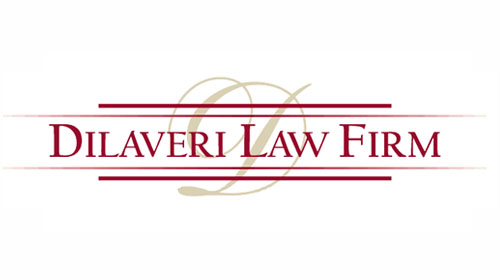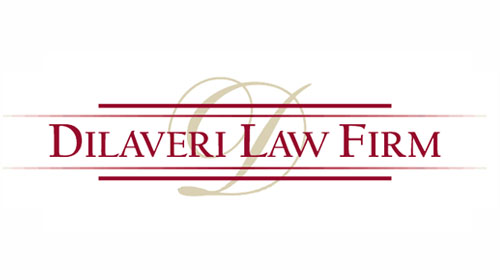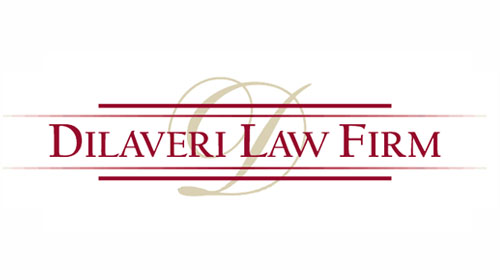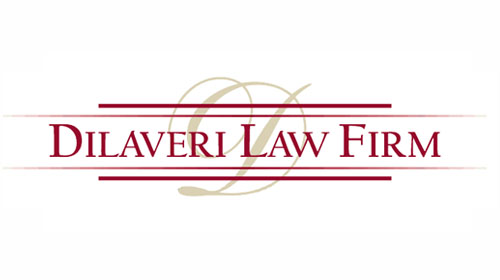Rochester Minnesota
Divorce & Family Attorney
How Can We Help You
Rochester Minnesota Property Division Lawyer
Minnesota’s Equitable Division of Property
Property division is the other main issue, along with child custody and support, to be addressed in a divorce. As part of the divorce proceeding, the parties must divide all marital property, whether real or personal, as well as any joint or individual debt acquired during the marriage.
Minnesota is not a community property state. Unless the parties agree otherwise, the Court must make an equitable distribution of marital property and debt. Equitable division is based on the principles of fairness and does not necessarily mean equal. Generally speaking, marital assets and debts are divided equally between the spouses. After reviewing the circumstances of a particular case, however, the Court may find that an unequal distribution of property would be fair. The circumstances the Court may consider include:
- The duration of the marriage;
- Any prior marriages;
- The age, health and stability of each spouse;
- The spouses’ contribution in the acquisition, preservation, depreciation or appreciation of the marital property;
- The source of income, occupation, vocational skills, and employability of each spouse to estimate future assets and income of each spouse;
- The needs, opportunities, and liabilities of each spouse; and
- The contribution of a spouse as a homemaker.
Marital and Non-Marital Property
The first step in an equitable division of property involves a determination of what property is "marital" and what is "non-marital." Sometimes, especially when a spouse brought pre-marital assets into the marriage which were later sold or otherwise converted, this process can get complicated. A Rochester Minnesota divorce attorney can assist you in making these determinations.
"Marital property" means assets acquired by the parties during the existence of the marital relationship. All assets owned by one or both of the spouses are considered to be marital property regardless of whether title is held solely by one spouse or by both of them.
If a spouse is claiming that certain property is non-marital, they have the burden of proving it. Non-marital property usually falls into one of these categories:
- Property that was acquired before the marriage
- Property that was acquired after the valuation date in the divorce
- Property that is specifically excluded by a valid prenuptial agreement
- Property that was acquired as a gift or inheritance made by a third party to one but not to the other spouse.
Minnesota’s Division of Marital Debt
Much like property, any debt incurred during the marriage is considered a debt of the marriage regardless if it is in one party’s name or both. However, there can be exceptions. For instance, when a debt was incurred for an education that primarily benefits one party, the debt is generally the sole responsibility of the person in whose name the debt is held.
Secured debts, like car loans, are typically the responsibility of the person who retains the asset. In such cases, the debt is subtracted from the value of the asset to determine the equity. Unsecured debts like credit cards are divided between the parties as the parties agree, taking into consideration the overall property division. For this reason, the division of debts does not have to be equal and parties can consider the relative shares of property in deciding how to divide the debts.
Request a Free Consultation
If you have additional questions about Divorce in Minnesota, please contact the Dilaveri Law Firm today. We always offer free initial consultations to our clients. Call 507.206.6020 or complete our free case evaluation form.













